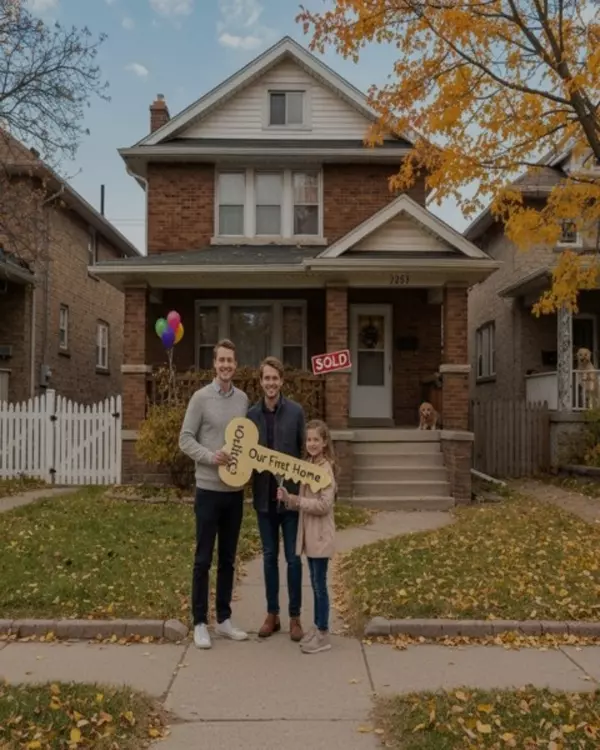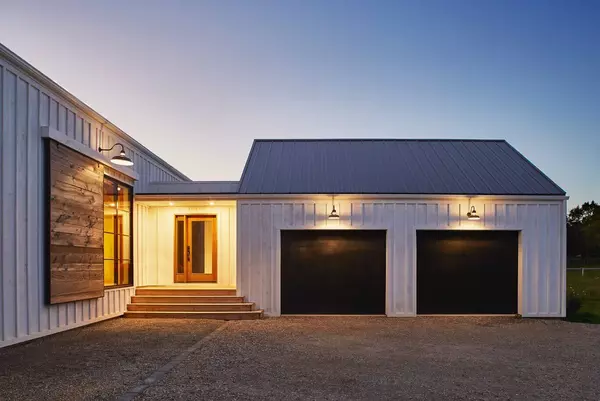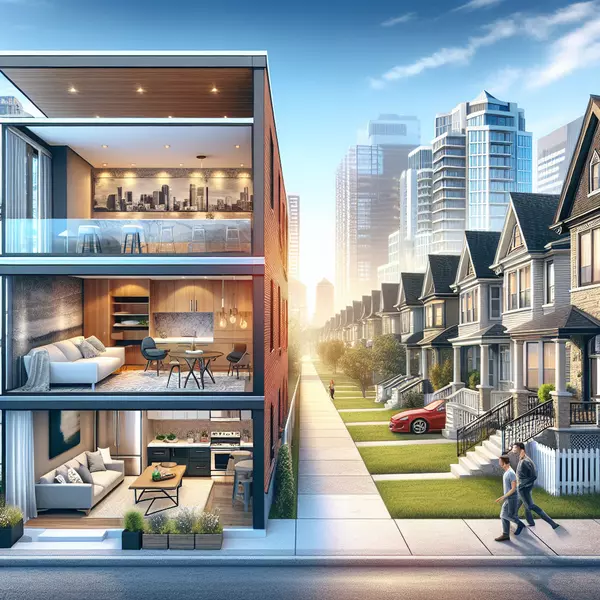
What to Check at Every Showing: A Guide for Winnipeg Home Seekers
What to Check at Every Showing: A Guide for Winnipeg Home Seekers Essential Checks During Showings Buying a home is a big decision. Being thorough during showings helps you make an informed choice. Here are some useful tips on what to look out for: 1. Look for Watermarks Spotting watermarks on cei

Watch Out for Misleading Photos and Price Tags in Listings: A Guide for Homebuyers in Winnipeg
Watch Out for Misleading Photos and Price Tags in Listings: A Guide for Homebuyers in Winnipeg The real estate market in Winnipeg is an exciting place, especially for professionals with a good budget who are ready to upsize, downsize, or purchase their first home. But it's easy to get caught up in t

Why the 7-Day Cooling-Off Period Can Protect First-Time Home Buyers from Unexpected Condo Issues in Winnipeg
Why the 7-Day Cooling-Off Period Can Protect First-Time Home Buyers from Unexpected Condo Issues in Winnipeg Buying a condo is a significant step for many, especially first-time home buyers in Winnipeg. For professionals with a good budget, it's vital to make the right decision. This is where the se
Categories
Recent Posts










